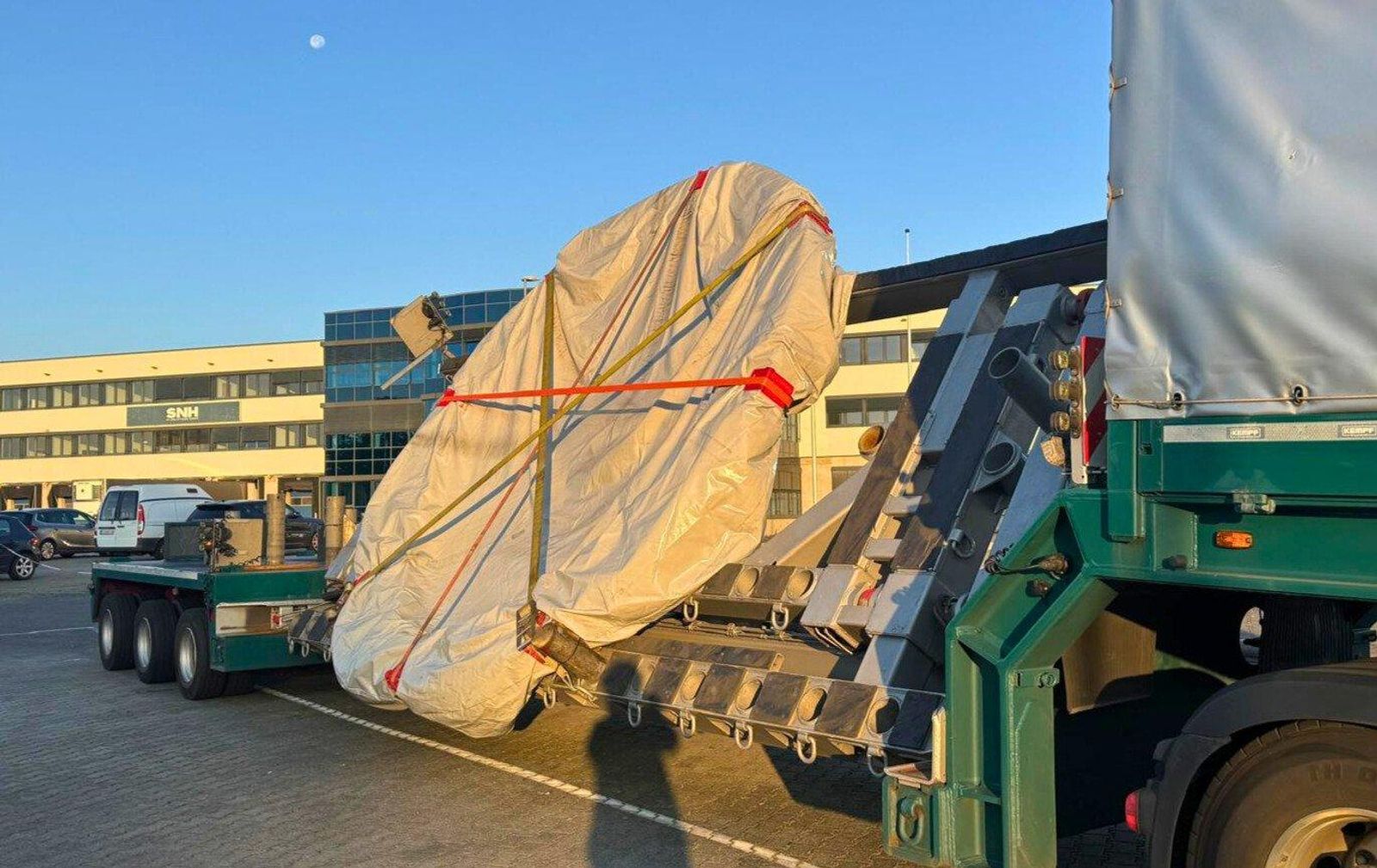
While the container sector has sprinted toward digitalization, shippers of specialized cargo are being left behind by systems that cannot cope with complexity, with some resorting to taking steps backward rather than forward, according to project cargo shippers.
A core issue, according to several senior logistics managers speaking to the Journal of Commerce, remains the systemic reluctance to modernize by those controlling the physical assets. One executive said multipurpose vessel carriers are“still in the stone age with tech and AI,”suggesting the fundamental data pipeline is broken before it even reaches the cargo owners.
While some third-party logistics providers (3PLs) and forwarders have developed slick interfaces, there is a lack of interoperability if a shipper uses multiple service providers.“A forwarder can have an awesome platform but if you don't want a solo forwarding contract you're stuck,”said one shipper.
For software developers, the distinction between a box and industrial cargo continues to be misunderstood:“The platforms exist, but boxes are easier for a software provider. The big box software guys don't know project logistics.”The result is stagnation, with one engineering, procurement and construction company noting they had gone through“two years of pain”with a software installation and had been forced to take a step back to reset.
Let down by weak supplier forecasting
Operational data deficiencies are compounding the technological headache and forecasting remains a major bottleneck.“We have 100-plus suppliers. Trying to get forecasts 3/6/12 months ahead from them is impossible,”said another shipper.“Until we have that information, we can’t take this forward and streamline the process.”
The project cargo shipper-vendor relationship also often suffers from a post-sale decline in support, requiring significant internal adjustments.“When you are sold a system, it also requires processes and people to support it,”a shipper said. But the“A”vendor team that installs the system is pulled back after set-up and the shipper is left with the“D”vendor team for continued operation, they said.
This disillusionment is driving a shift away from monolithic systems and toward bespoke integration with project cargo shippers reaching the conclusion that one-size-fits-all solutions are ill-suited for industrial projects. The consensus is that the future lies in connecting specialized tools:“I think the old school way of doing it where one tech company does everything is dead.”
Instead, focus is shifting to highly adaptive integration layers: “Where tech is going it's more about middleware that sits between different systems and pushes and pulls data. There are a few people dabbling with that,”said another shipper.

